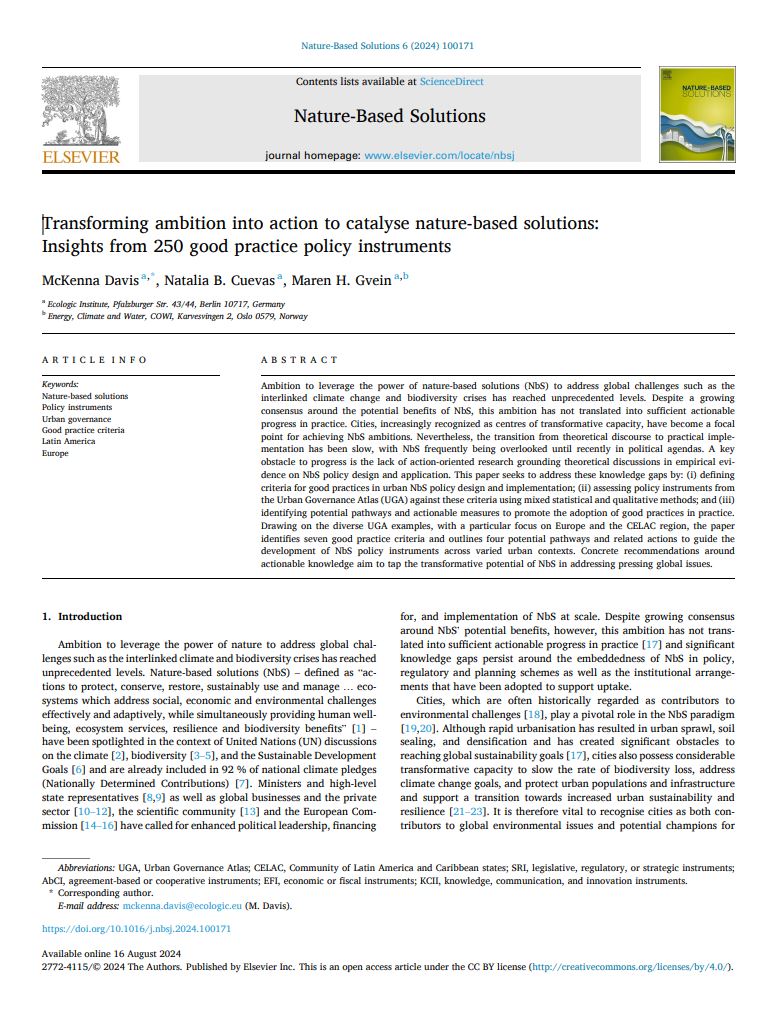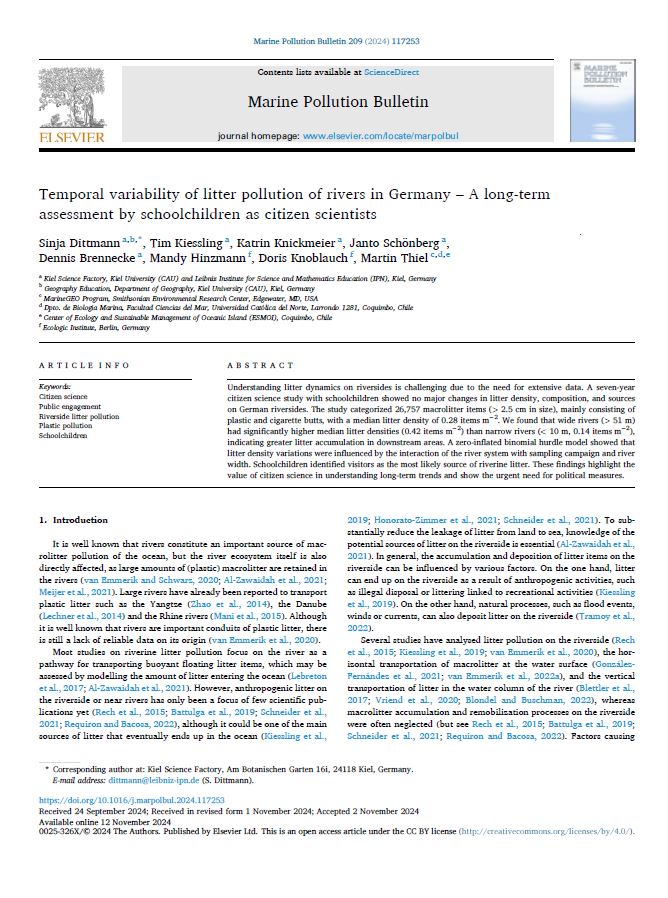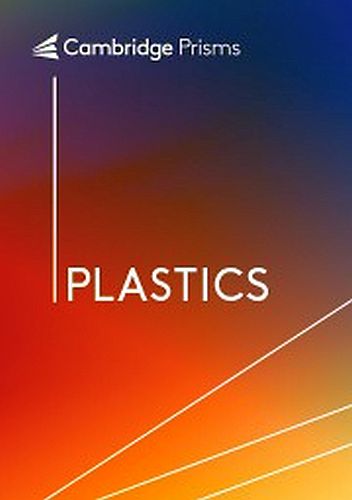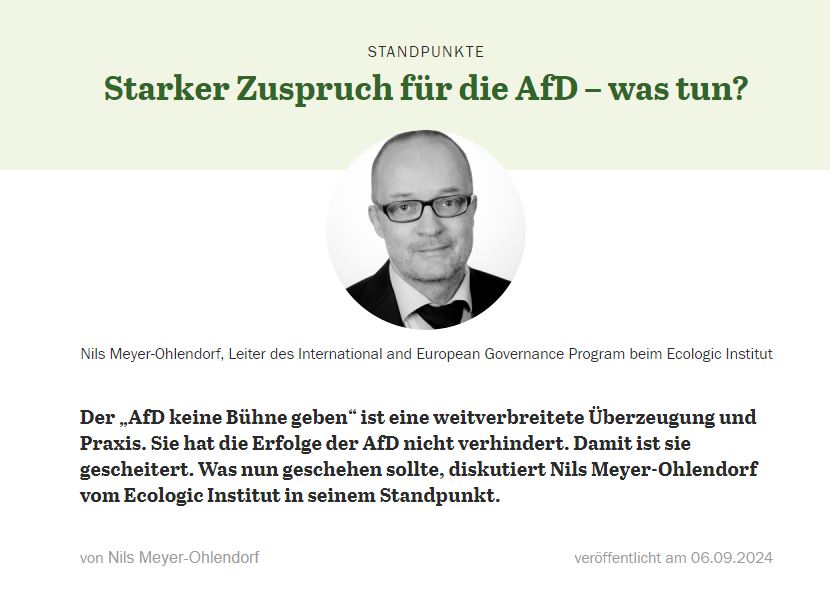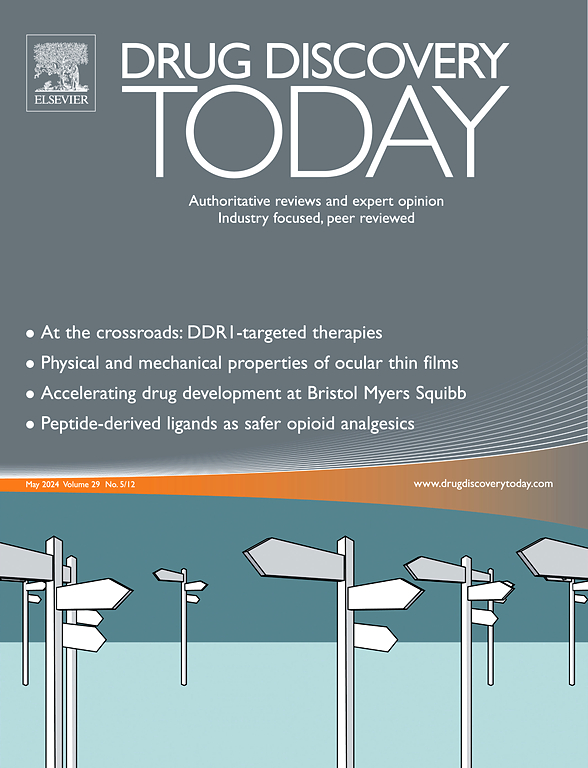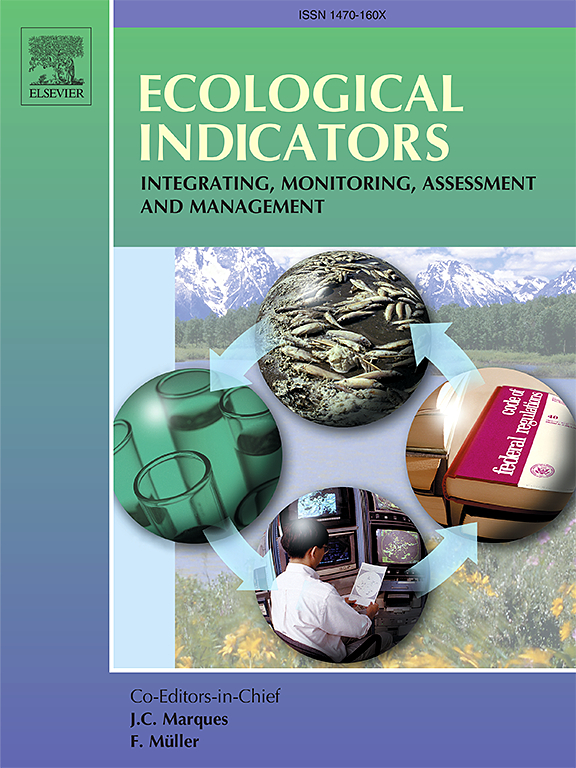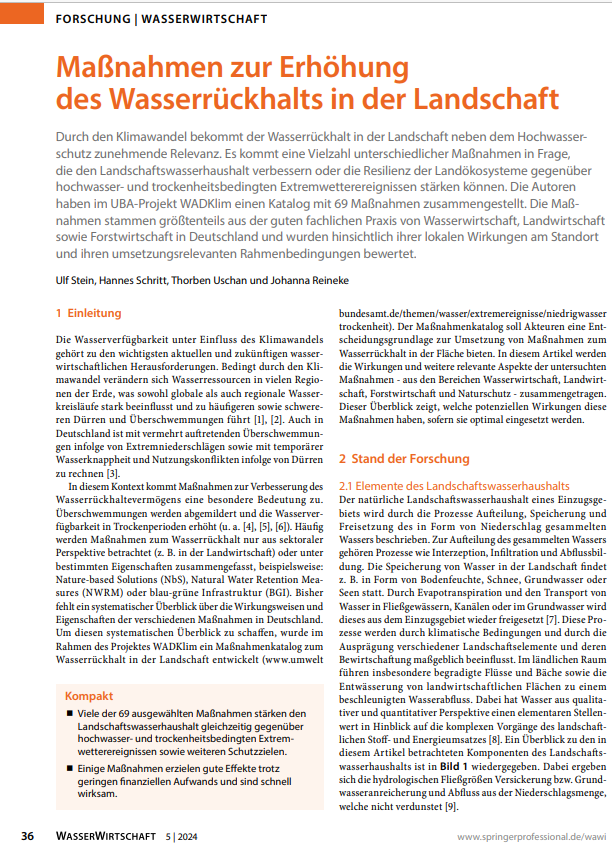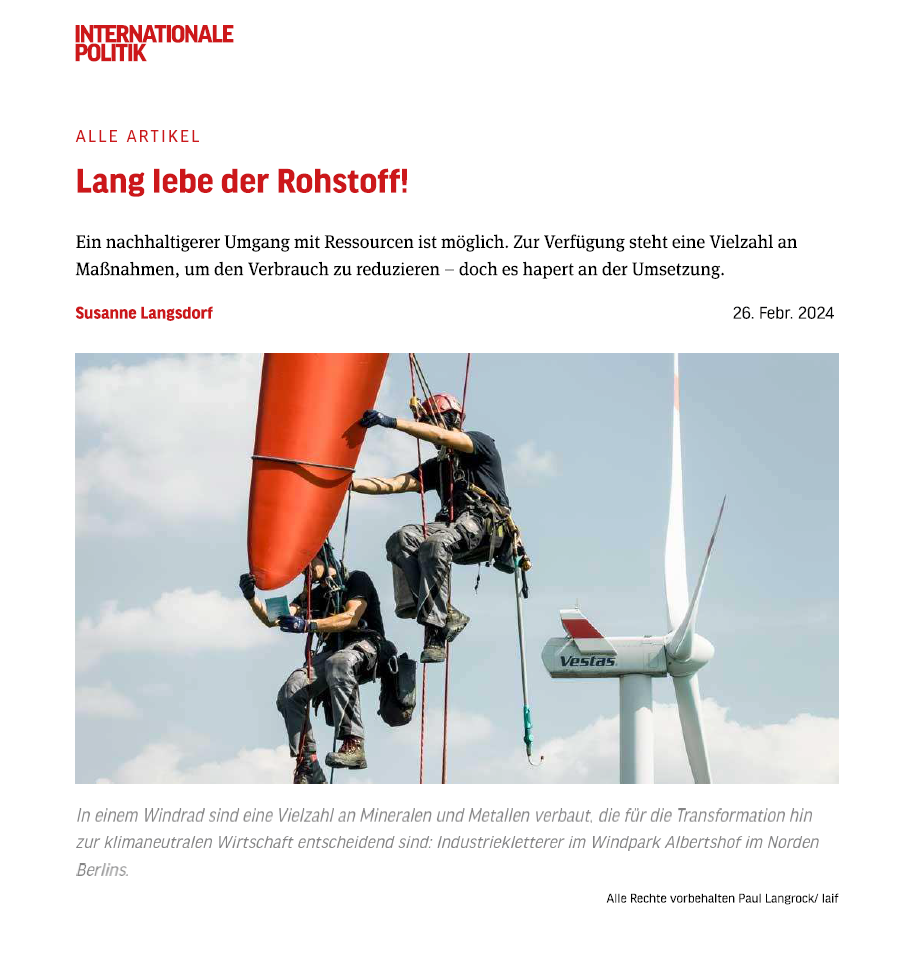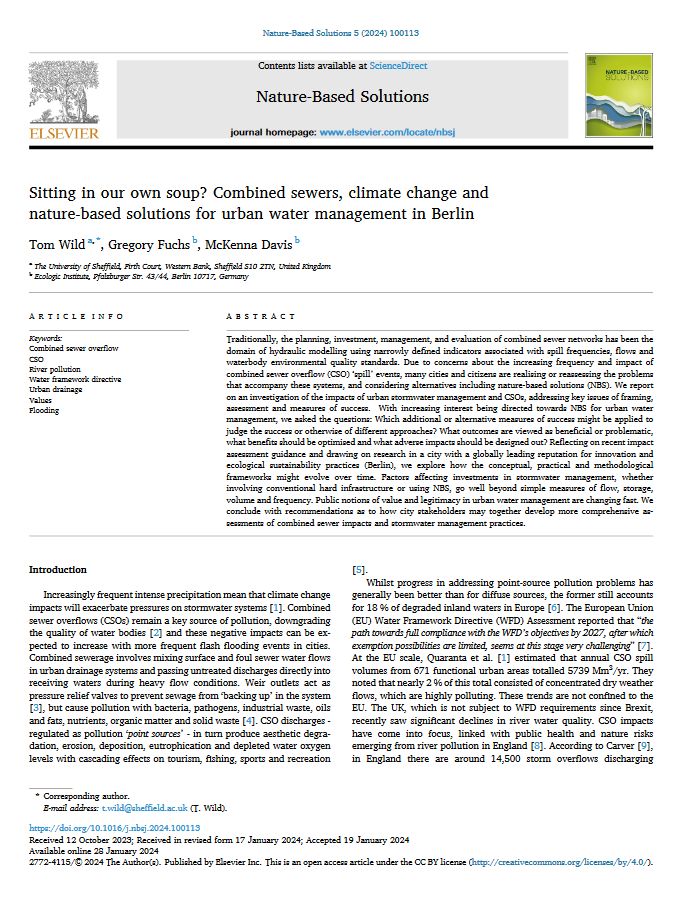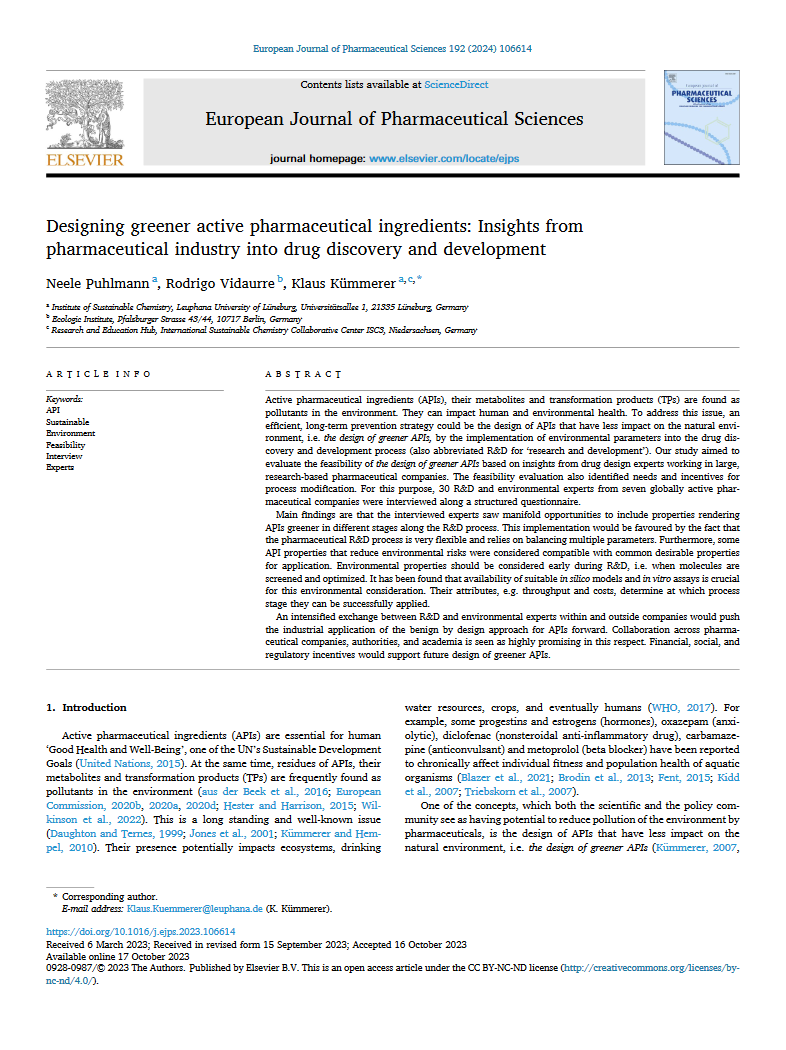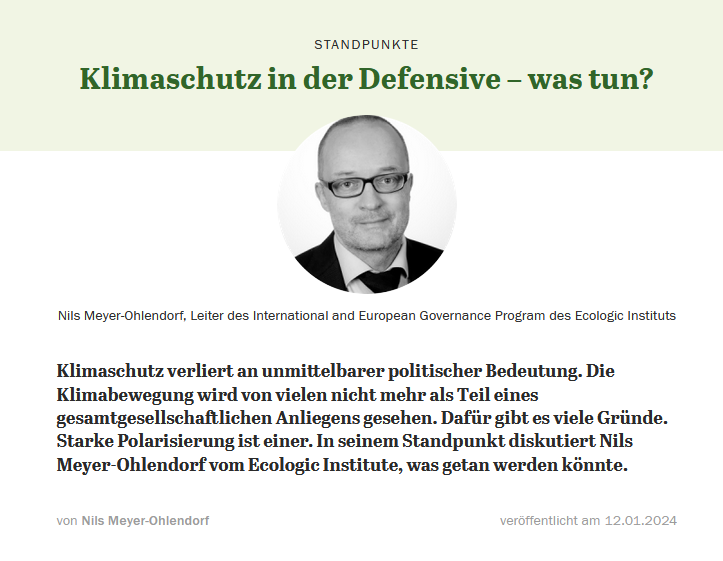Publication:Article
Publication:Article
Transforming Ambition into Action to Catalyse Nature-based Solutions
Insights from 250 good practice policy instruments
Year
Read morePublication:Article
Temporal Variability of Litter Pollution of Rivers in Germany
A long-term assessment by schoolchildren as citizen scientists
Year
Read morePublication:Article
Publication:Article
Publication:Article
Publication:Article
Publication:Article
Publication:Article
Design of Greener Drugs
Aligning parameters in pharmaceutical R&D and drivers for environmental impact
Year
Read morePublication:Article
Publication:Article
Publication:Article
Lang lebe der Rohstoff!
A more sustainable use of resources is possible. There is a wide range of measures available to reduce consumption - but there is a lack of implementation.
Year
Read morePublication:Article
Publication:Article
Designing Greener Active Pharmaceutical Ingredients
Insights from the pharmaceutical industry into drug discovery and development
Year
Read morePublication:Article
